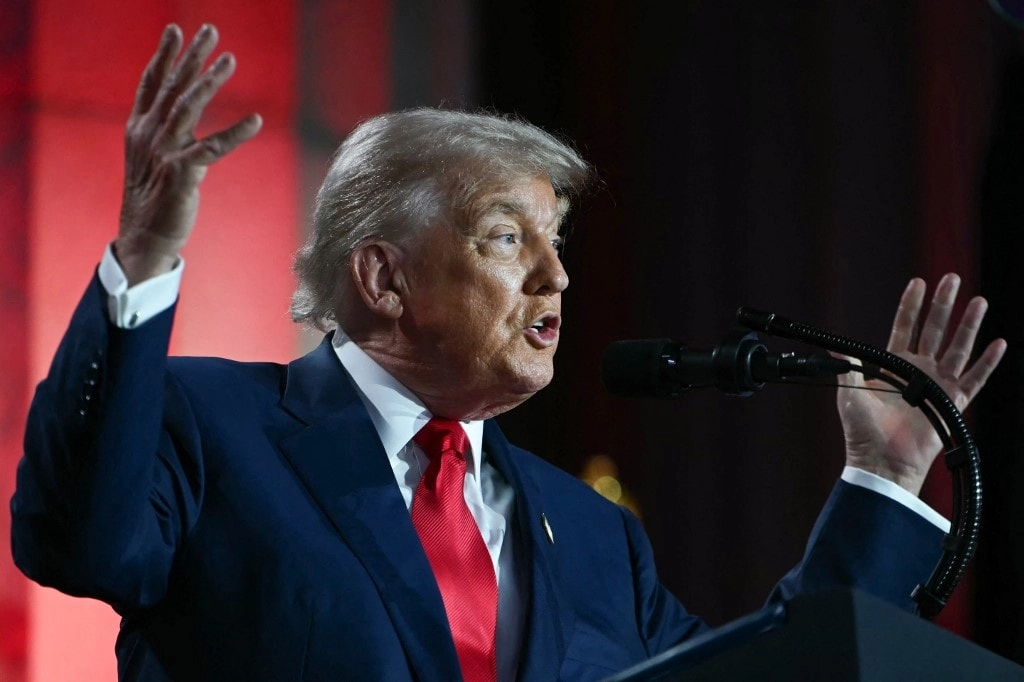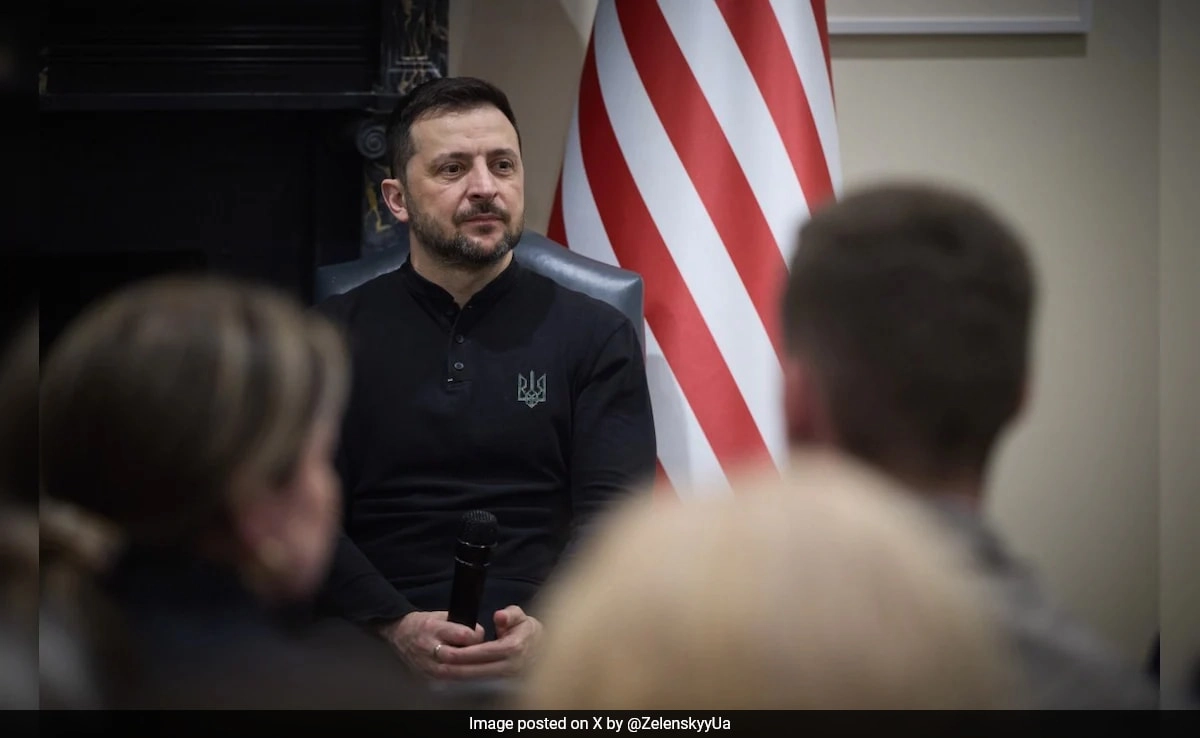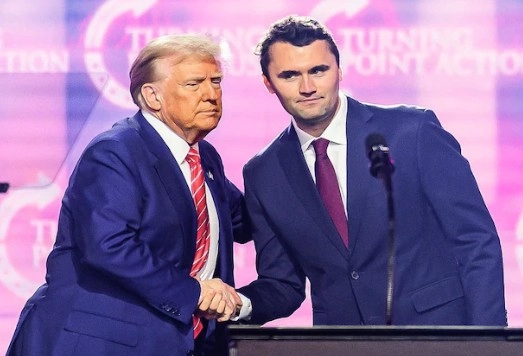Former President Donald Trump has issued a significant warning to American tech firms regarding their hiring practices, particularly their reliance on Indian talent. In a recent statement, Trump emphasized the importance of prioritizing American workers and expressed concern over the increasing trend of companies outsourcing jobs to foreign nationals. His call to action, encapsulated in the phrase “Put America First,” serves as a rallying cry for those advocating for stronger protections for American labor in the face of global competition.
Trump’s remarks come amidst ongoing debates about immigration policies and their impact on the job market. He argues that the influx of skilled workers from countries like India, particularly through programs like H-1B visas, has not only affected job availability for Americans but has also driven down wages in the tech sector. By encouraging companies to focus on hiring domestically, Trump aims to bolster the American workforce and ensure that job opportunities remain accessible to U.S. citizens. This stance resonates with many who feel that globalization and the tech industry’s reliance on foreign talent have marginalized local workers.
Moreover, the former president’s warning highlights a growing sentiment among certain voter demographics who are increasingly skeptical of multinational corporations and their hiring practices. These voters believe that American companies should be held accountable for their employment decisions, particularly when it comes to prioritizing local talent over foreign workers. Trump’s message reinforces a broader narrative about economic nationalism, which seeks to reclaim jobs and foster a sense of unity among American workers in what many perceive as an increasingly competitive global economy.
In conclusion, Trump’s admonition to tech firms to “Put America First” reflects a significant political stance that prioritizes domestic job creation and the protection of American workers. As discussions surrounding immigration, labor laws, and corporate responsibility continue to evolve, the implications of such statements will likely resonate throughout the business landscape and influence hiring practices in the tech industry for years to come. The challenge remains for companies to balance the need for skilled labor with the imperative to support and uplift the American workforce, amidst a backdrop of shifting economic dynamics and public sentiment.




